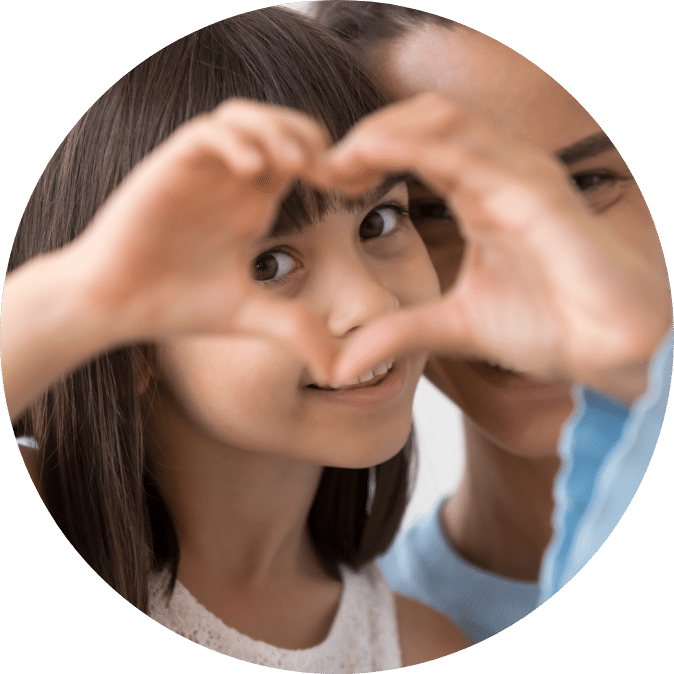— Behavior Issues
ADHD

How to help a child with ADHD

ADHD in Our Children
Understanding a child with Attention-Deficit/Hyperactivity Disorder (ADHD) can be difficult. ADHD should be diagnosed by a mental health professional through extensive observation. Some symptoms include hyperactivity, impulsivity, and inattention. At many childhood stages of development, inattentiveness and hyperactivity can be normal. Other factors such as diet, stress, and health can also mimic ADHD symptoms. It is important for a professional to assess if your child meets the diagnosis of ADHD. If your child receives a diagnosis, you will need to learn about treatment options including psychological and behavioral therapy, medications, and education techniques. These treatments can provide partial support, but in order to achieve success, parents have to use an effective parenting approach.
Parenting a Child with ADHD
- Follow a routine. When looking to help a child with ADHD, use a timer, clocks, charts, and calendars to help you and your child follow the routine.
- Be consistent with schedules, routines, rules, and consequences.
- Simplify your child’s schedule, if possible, but keep them busy. Sometimes over-scheduled children with ADHD become more difficult because of the pressure or being overwhelmed. Some families may need to schedule in unstructured play time for their ADHD child to make sure it is a priority in their routine.
- Create a quiet space for your child that is their own where they can go to relax. DO NOT use a time-out space for this.
- Be aware that television, computer, and video games may actually increase your child’s symptoms.
- Parent exhaustion is real. It can be physically, emotionally, and psychologically exhausting. Take some time to recharge and take care of yourself. Setting aside time for yourself and following a routine can also serve as an example to your child of following a schedule.
- Know how to get their attention. It’s important that you don’t just talk at your child, but that you pause and get their attention to make sure they’re hearing you. Be close, say their name, wait for their eye contact, give a short sentence, and then confirm that they understood. If they break eye contact, pause and wait for them to return.
- Expect repetition. Your child will need short, simple instructions and likely need to hear it multiple times when you are helping a child with ADHD. This does not mean your child will never be capable of managing more, it means that in their childhood this is the modification that helps them be successful. As they grow into adulthood, they’ll still struggle with this but they will build more independent coping skills.

Lesson 1: ADHD

Next Lesson
Anxiety
